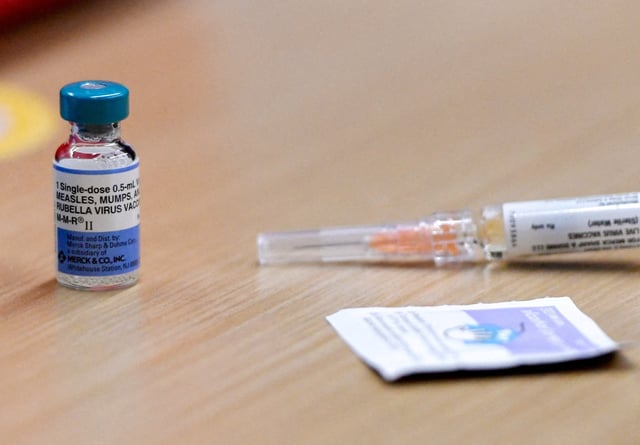Overview
- A Stanford-led study published in JAMA projects that measles could regain endemic status in the U.S. within two decades if vaccination rates remain unchanged.
- The U.S. has reported over 800 measles cases across 27 states in 2025, including two child deaths in Texas, marking the largest outbreak since 2019.
- Researchers estimate that maintaining current vaccination levels could lead to 851,300 measles cases, 170,200 hospitalizations, and 2,550 deaths over the next 25 years.
- Public health experts link vaccine hesitancy to misinformation, with a KFF poll showing a rise in exposure to false claims about vaccine safety and efficacy.
- Increasing vaccination rates by just 5% could prevent measles from becoming endemic, underscoring the importance of addressing vaccine misinformation and increasing public awareness.



